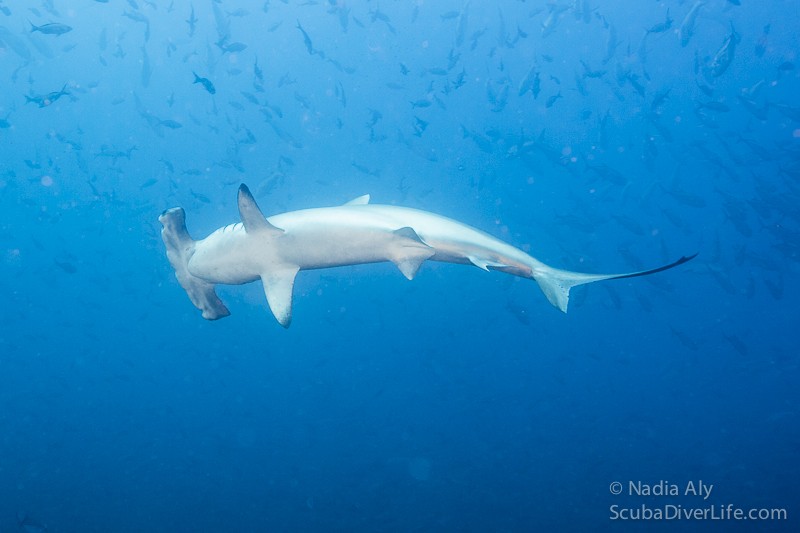Polar Bears, Sharks on CITES' Menu

Increased trade protection for polar bears and sharks are on the agenda of the Convention on International Trade in Endangered Species of Wild Fauna and Flora (CITES) next week in Bangkok, officials said Thursday.
"We expect proposals on polar bears, sharks and manta rays will go to a vote," convention secretary general John Scanlon said.
The CITES meeting, which is to begin Sunday and run through to March 14, is drawing more than 2,000 delegates from 177 countries.
The delegates are to consider about 70 proposals on increased or decreased trade protection for endangered species by placing them on the convention's Appendix I, which prohibits all traffic in a species, or Appendix II, which restricts trade to assure it is "sustainable".
The United States proposed that the polar bear, whose survival is being threatened by melting ice around the Arctic Circle, be placed on Appendix I while other countries have proposed that five shark species and the manta ray be placed on Appendix II.
Three of the shark species designated for Appendix II are popular species for use in shark fin soup, a Chinese delicacy.
China and Japan have traditionally voted against efforts to include marine animals under convention protection in the past.
"I think it is going to be a tight vote," Mr Scanlon said.
This year's meeting was also expected to spotlight a recent boom in the illicit trade in African ivory and rhinoceros horn, fuelled by political instability in Africa and a surge in demand in increasingly prosperous Asia.
The convention estimated that 25,000 African elephants were killed for the illegal ivory trade in 2011 and last year 668 rhinos were slaughtered for their horns, a popular panacea in Vietnam and China.
Host Thailand has come under pressure to ban or better regulate its domestic trade in ivory sourced from Asian elephants, which has allegedly precipitated a large trade in smuggled African tusks. It has been threatened with trade sanctions if it fails to do so.
"I think you will see Thailand will take significant measures to improve its domestic performance, but a trade suspension is always possible," Mr Scanlon said.



